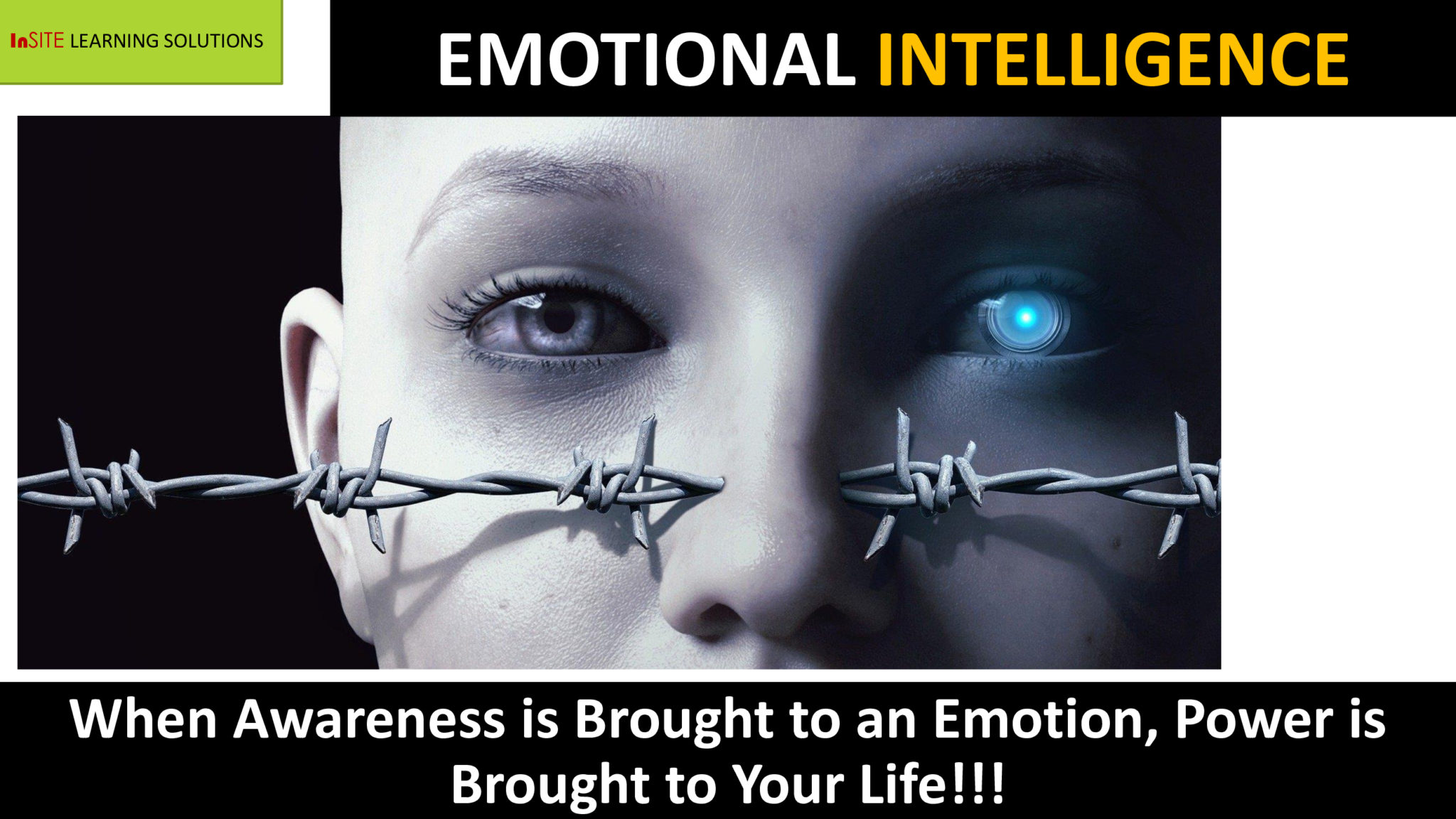
What is Emotional Intelligence?
The Human Dilemma: Between the Actions and Results
The Actions we take is of great importance when considering our progress as human beings. I am suggesting this both from the perspective as a species as well as individuals. Its simple to state why this is so. Our Actions render our Results, not necessarily our intentions alone.
If you assess contemplatively for what is currently happening with your life, do the resulting thoughts fill you with happiness and satisfaction? Or do you feel a sense of despair? If you sense fulfilment and happiness, it means, for now, you must continue your current patterns of action. If you
sense despair, the message is for you to change your pattern of actions.
T>F>A
Cognitive Behavioural Therapy states the formula: T>F>A: The progression is to explain, our Thoughts produce our Feelings. Further, the Interactions between our Thoughts and Feelings produce our Actions. And of course, as I mentioned before, our Actions produce our Results.
For a moment, let me provide you with an example to illustrate the practicality of the above content. If you have heard of ‘Pavlov’s Dogs’, you would remember, the dogs were signalled to approach their food bowls with the ringing of a bell. The dogs would react to the stimuli, the ringing of the bell, every time, by wagging their tails instantly before consuming their meals. Pavlov later observed that the dogs wagged their tails if they heard the bell ringing at ‘off’ times too. This is a simple example to state a biological condition, S>R, which means an organism reacts to stimuli.
Stimuli being the bell ringing and reaction being the tail wagging.
As ‘intelligent’ human beings, we also are susceptible to this biological conditioning. However, we can intelligently ‘by-pass’ the conditioning for our own good.
Reacting to Situations:
What would you do if your little daughter at breakfast, accidentally spilt her milk on your neatly ironed clothes, that you chose for that special & crucial presentation you had to deliver at work? Most readers would imagine that you would burst out with rage, scream at her with your fists tightened. If you reacted that way, how would that day be expected to progress? You would be stressed to look for something else to wear. Your spouse would advise you not to get that hyper and scream at the child, which makes you more uncomfortable. Your temper could hamper your mood which further could hamper your presentation. By the time you finished your work for the day, you have begun to feel bad for yourself and your kid for the way you behaved in the morning. When you came back home, your little child is really frightened to come to you. Your spouse isn’t talking to you. Here, there is a clear progression from your Actions to the Results. Now, would you want this to happen again? It’s a Big No.
Learning to Respond rather than React:
If you learnt from the experience, you would find alternative behaviours to deal with a similar situation, if it occurred in the future. This means you are an intelligent human being. You consciously applied yourself to design your ‘Response’ to the situation rather than ‘React’. Here, the formula is altered to S>O>R. The progression states, if intelligence is applied, the so-called organism, that’s you, can choose to deal with a similar stimulus in a more conscious manner. This transformation means the individual has learnt to Respond rather than React. Therefore, Stimulus>Organism>Response.
Considering the same example, you found new ways of Thinking about the discomforting situation. The new thought patterns filled you with calmness, compassion, understanding and empathy, rather than anger. The interactions between the new Thoughts and Feelings led you to Act in different ways altogether. Your family would certainly feel more obliged to help you with your difficulty that day and appreciate you for your display of maturity. That’s the essence of Emotional Intelligence Training. Learning to Respond rather than React.
Emotional Intelligence:
However, learning from experience isn’t easy nor common. However uncommon it may be, it is un- Intelligent to continue behavioural patterns that are logically, emotionally, detrimental and draining to us as well as others. Therefore, ‘Emotional Intelligence Training.’
Learning from Experience is the only way to progress into a matured Human Being. A matured Human Being is responsible for one’s own Feelings and Emotions, as well as Others. More on the topic in the next blog.
Practical and everyday definition of Emotional Intelligence Training: Learning from Experience.
